I take notes about the stuff I want to remember most. These aren’t summaries. I rate these books based on how likely I would be to recommend them to a stranger. All of them are excellent reads for the right person. Click any linked title for my notes.
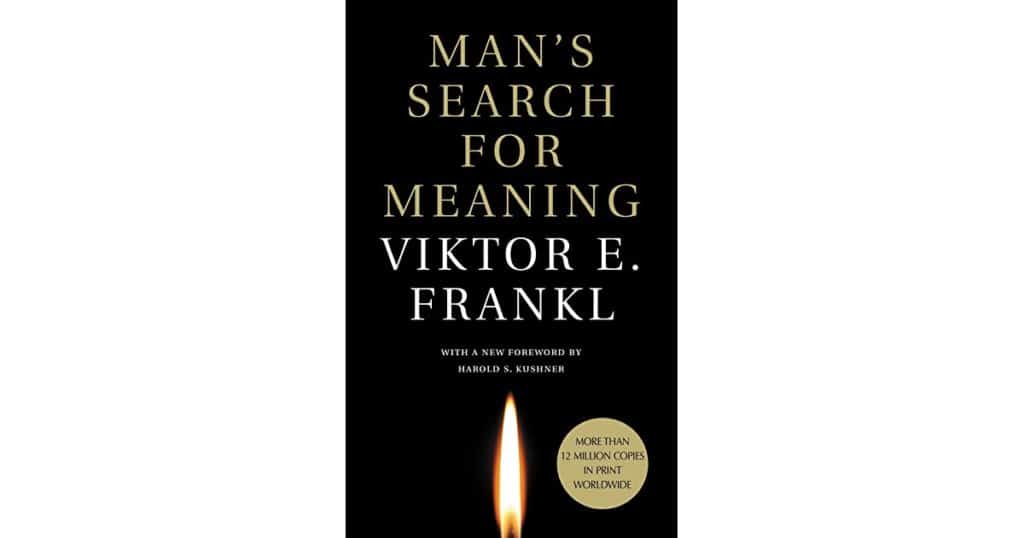
Man’s Search For Meaning by Victor Frankl
How strongly I recommend it: 10/10
Victor Frankl was a psychotherapist who landed in a concentration camp during World War II after refusing to abandon his parents. While there, he developed what he calls logotherapy: a way to find meaning in spite of life’s sufferings. His lessons are the single most important ones I have ever learned.
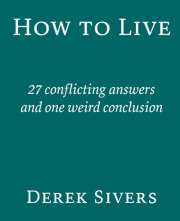
How To Live by Derek Sivers
How strongly I recommend it: 9/10
The ultimate collection of claims on, well, how to live.
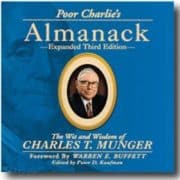
Poor Charlie’s Almanack edited by Peter D. Kaufman
How strongly I recommend it: 9/10
Charlie Munger’s advice, wisdom, and humor. Munger’s speeches made me rethink what it means to be an interdisciplinary thinker and how to approach life’s complex problems.
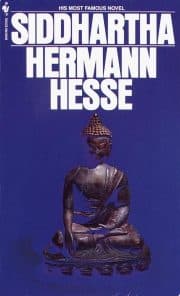
Siddartha by Herman Hesse
How strongly I recommend it: 9/10
The life story of one man’s journey to self-discovery.
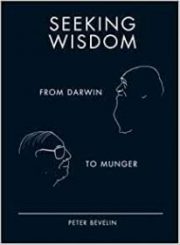
Seeking Wisdom: From Darwin to Munger by Peter Bevelin
How strongly I recommend it: 8/10
The best book on decision making I’ve ever read. Timeless knowledge, quotes, and wisdom explained in simple terms.
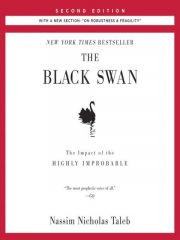
The Black Swan by Nassim Taleb
How strongly I recommend it: 8/10
A deep dive into our misjudgments about infrequent, high-impact events, professional opinion, narrative fallacies, statistics, and more.
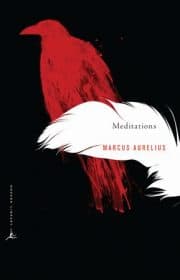
Meditations by Marcus Aurelius
How strongly I recommend it: 8/10
The private journal of a Roman emperor on his personal mandates to live well in the face of suffering and responsibility. His writing has become an icon of accessible stoic philosophy.
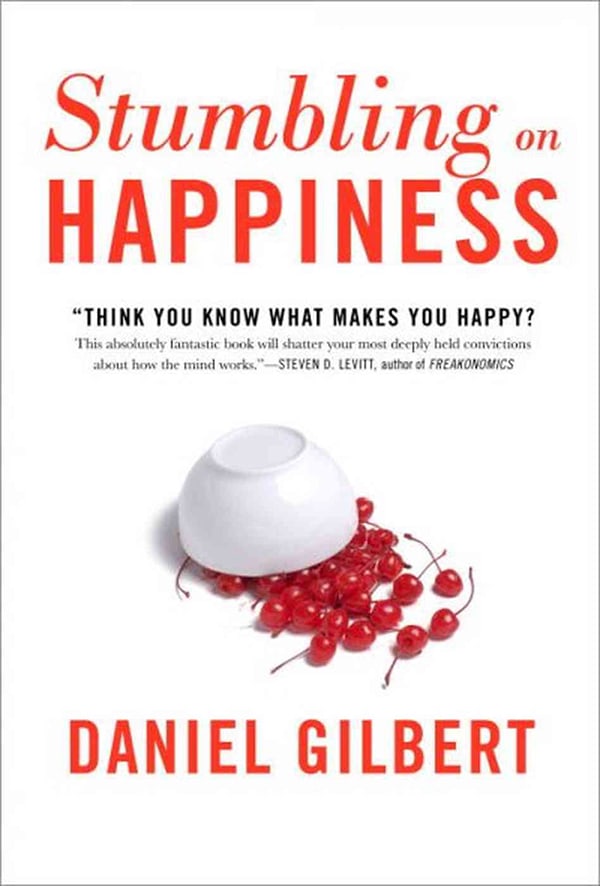
Stumbling on Happiness by Daniel Gilbert
How strongly I recommend it: 7/10
An exceptionally well-written concise book on the human mind. I was surprised by its great humor and kept engaged with the lack of repetition that often inflicts popular books of this nature.
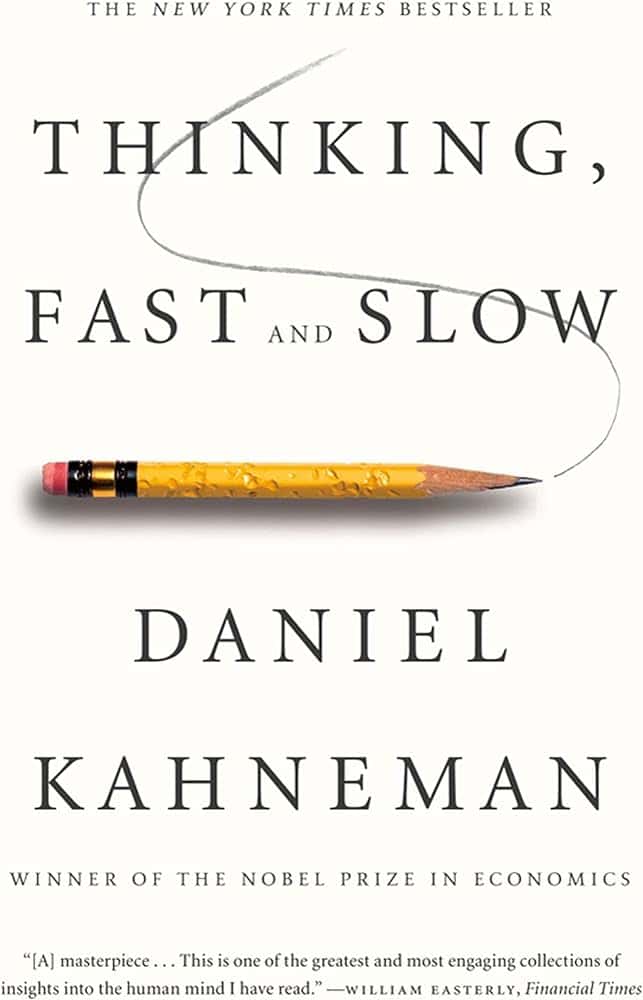
Thinking Fast and Slow by Daniel Kahneman
How strongly I recommend it: 7/10
The cornerstone of behavioral economics. I took an entire college course where each class was essentially a chapter out of Kahneman’s book. While many of the insights are knowledge your grandma could tell you, now confirmed by experiment, this long book is so well written that each new nugget of information feels like a revelation.
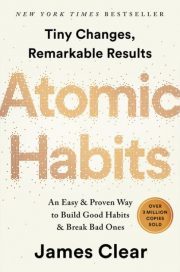
Atomic Habits by James Clear
How strongly I recommend it: 7/10
How to move from relying on willpower to automatic habits, backed up by reputable studies.
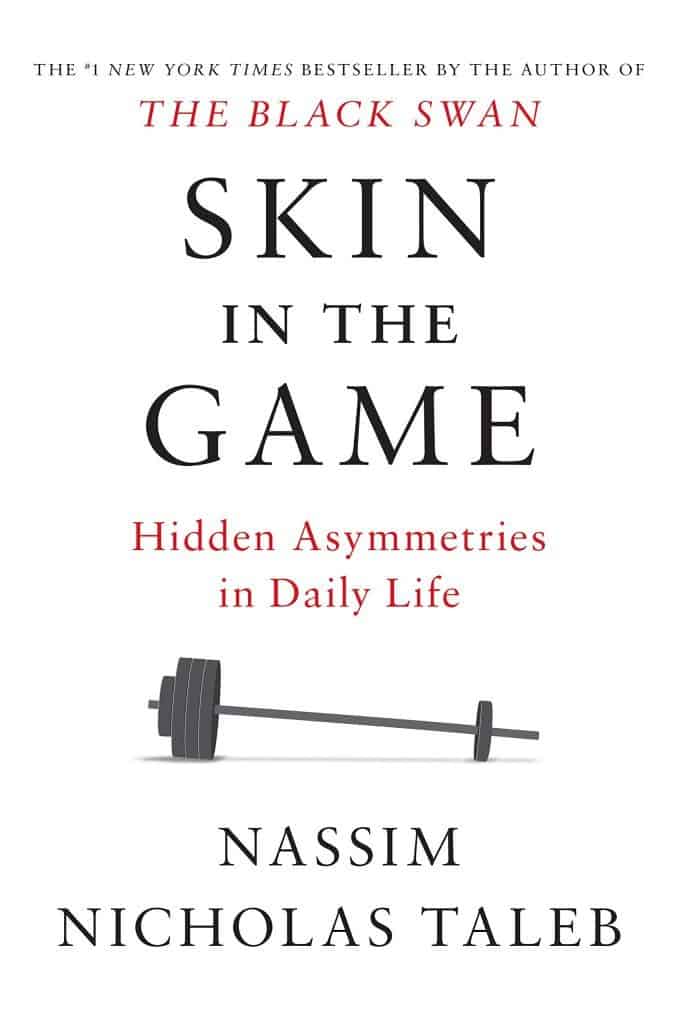
Skin in the Game by Nassim Taleb
How strongly I recommend it: 7/10
An exploration of risk-taking, rationality, the outsized impact of minorities, failures of intellectuals, and how best to serve others.
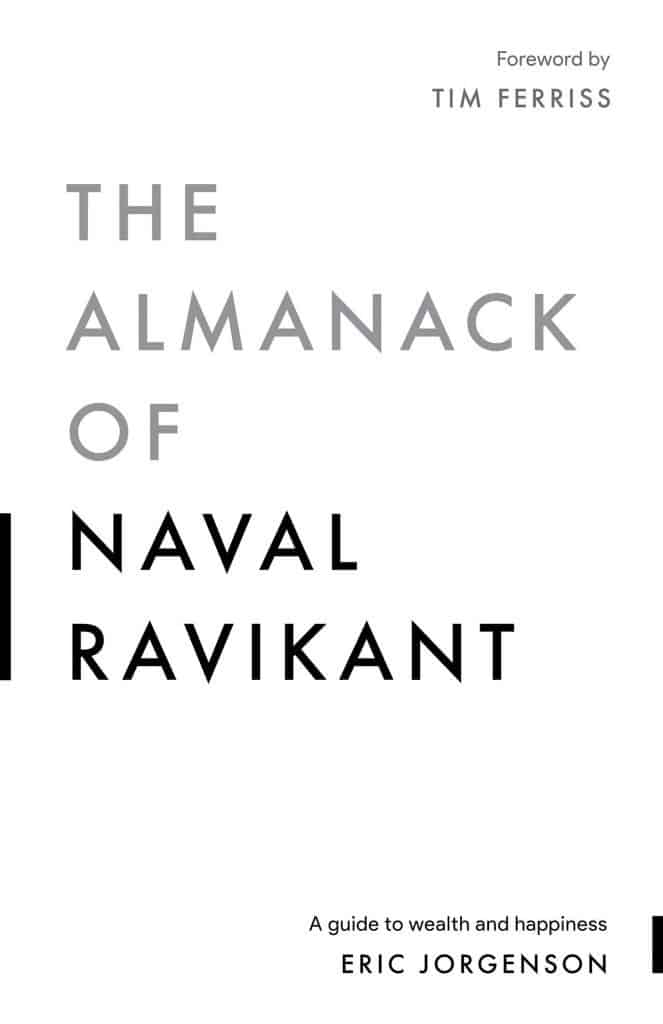
The Almanack of Naval Ravikant edited by Eric Jorgenson
How strongly I recommend it: 7/10
Naval’s best thoughts on life, work, happiness, and relationships are compiled into a free, accessible format.
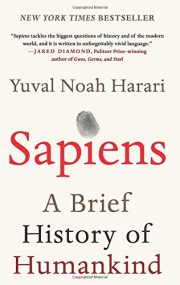
Sapiens by Yuval Noah Harari
How strongly I recommend it: 7/10
A popular and excellent account of the most important changes in the history of Homo Sapiens. Harari’s claims about narratives and religions captivated me most of all.
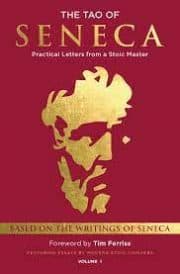
The Tao of Seneca by Lucius Seneca, compiled by Tim Ferris
How strongly I recommend it: 7/10
Each of Seneca’s letters to his friend Lucilius contains nuggets of advice on how to lead a Stoic life.
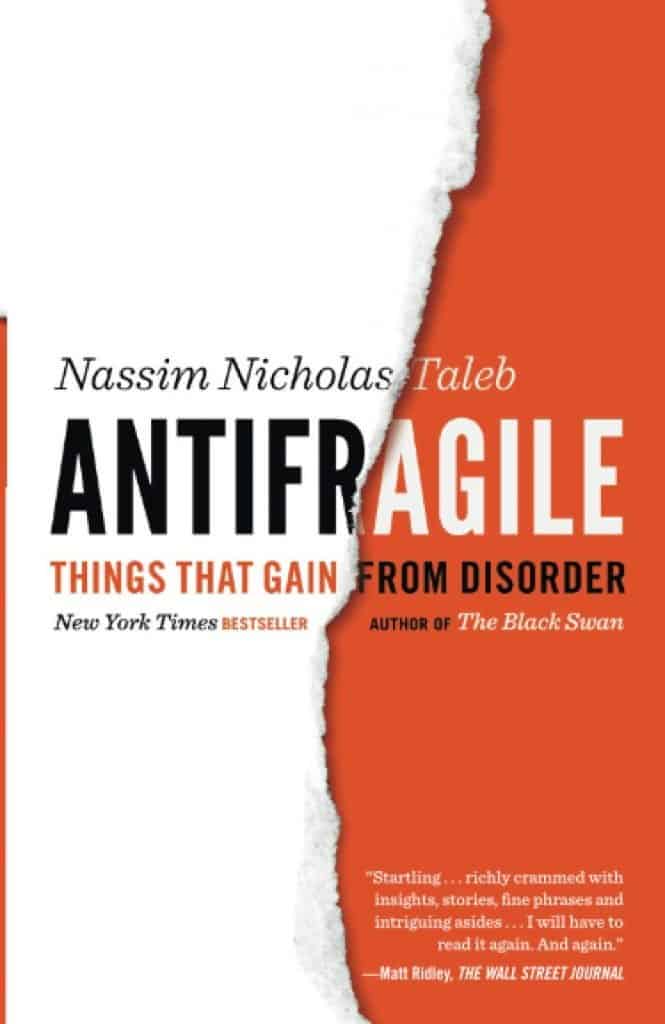
Antifragile by Nassim Taleb
How strongly I recommend it: 6/10
There is no formal word for the opposite of fragile. Taleb explores and develops a vocabulary for explaining the things that love volatility and harm in our lives.
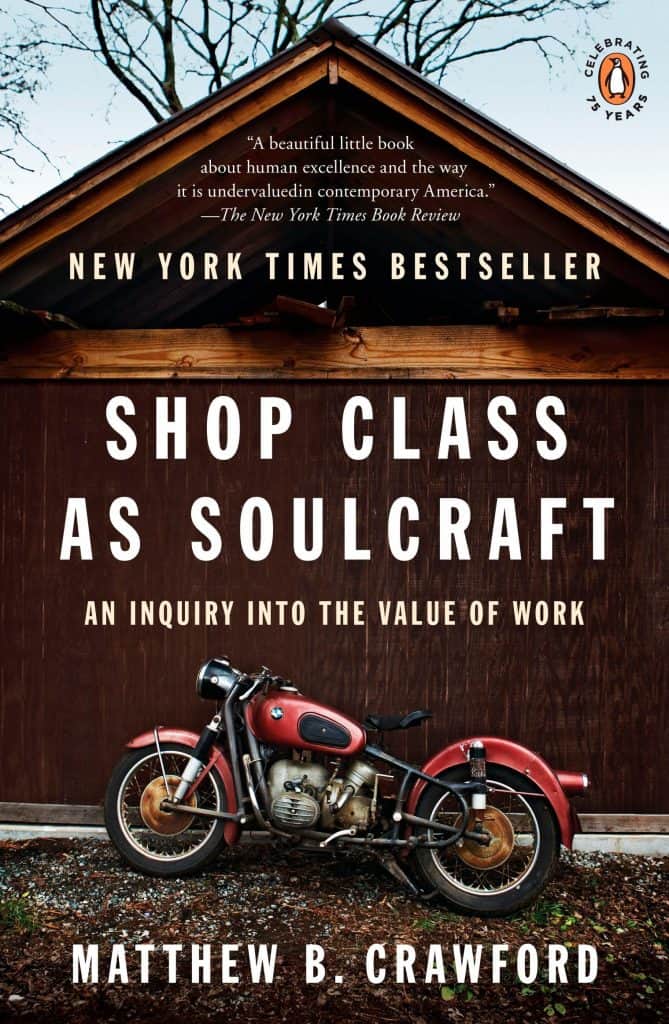
Shop Class As SoulCraft by Matthew B. Crawford
How strongly I recommend it: 6/10
An admirable exploration aimed at trying to understand the author became a motorcycle mechanic after making crazy money heading a think-tank as a knowledge worker.
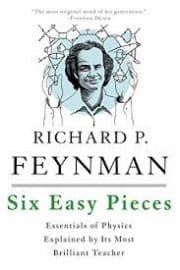
Six Easy Pieces: Essentials of Physics Explained by Its Most Brilliant Teacher by Richard Feynman
How strongly I recommend it: 6/10
The book I wish high school science classes introduced to me. A high-level look at physics with intuitive explanations.
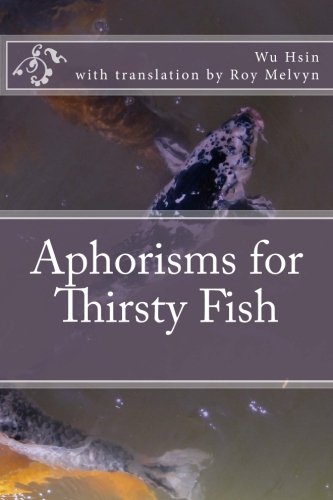
Aphorisms for Thirsty Fish by Wu Hsin
How strongly I recommend it: 5/10
Short observations on general truths. Reads like poetry, each expression has multiple interpretations, answers, and values based on the reader.
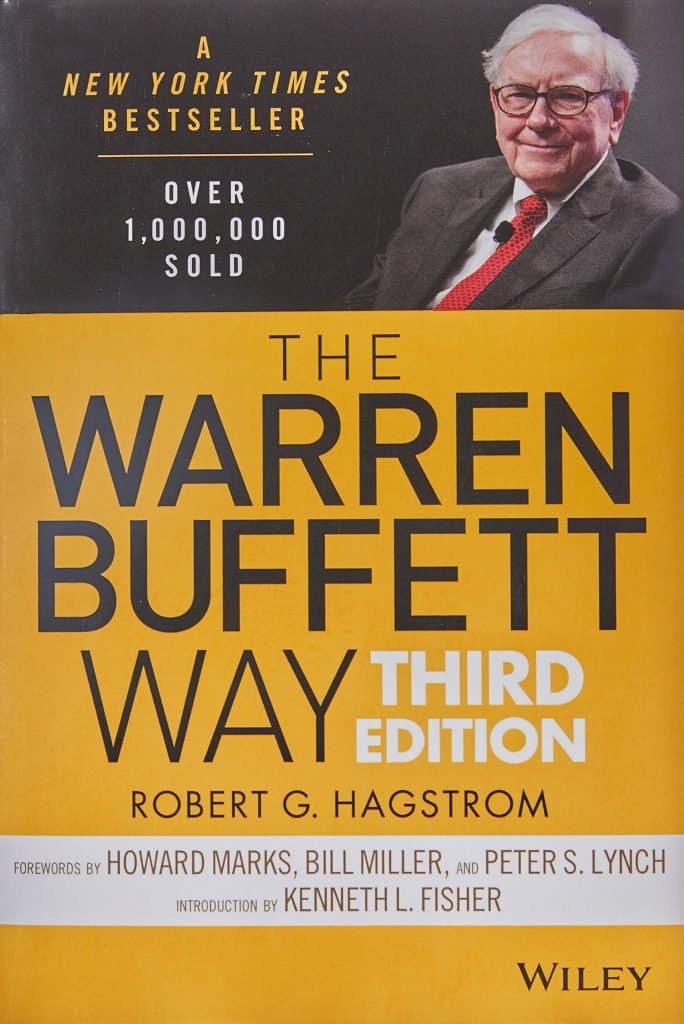
The Warren Buffet Way by Robert Hagstrom
How strongly I recommend it: 5/10
Buffet’s investment decision-making principles distilled. Includes many case studies on how Buffet has used these principles in real decisions.
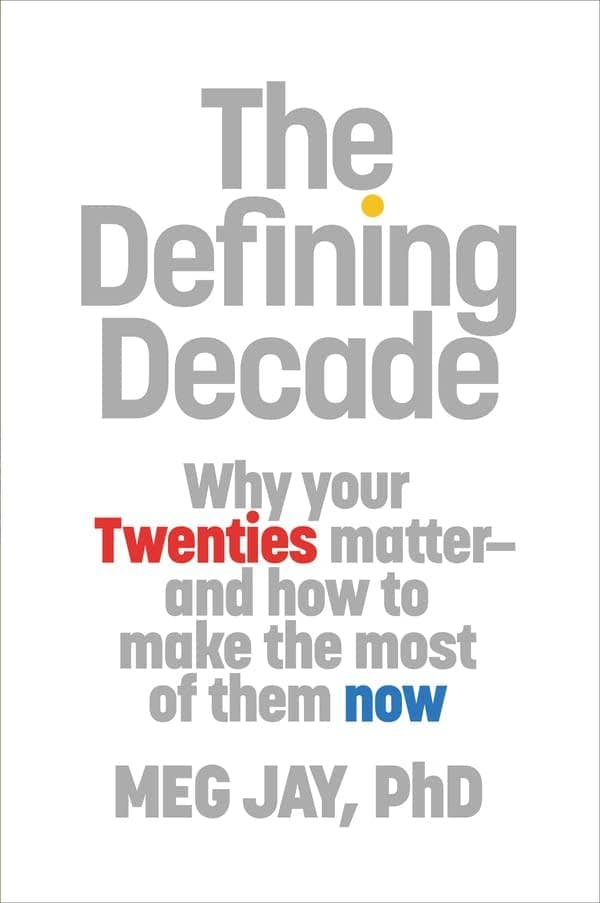
The Defining Decade by Meg Jay
How strongly I recommend it: 5/10
I received this book as a gift and nearly puked in my mouth a little about how cheesy and cliche the cover is. I was surprised to find a well-written, insightful account of overcoming common problems twentysomethings encounter from a psychologist who has drawn back the curtain on sessions she has had with young adults and effective ways to frame life challenges.
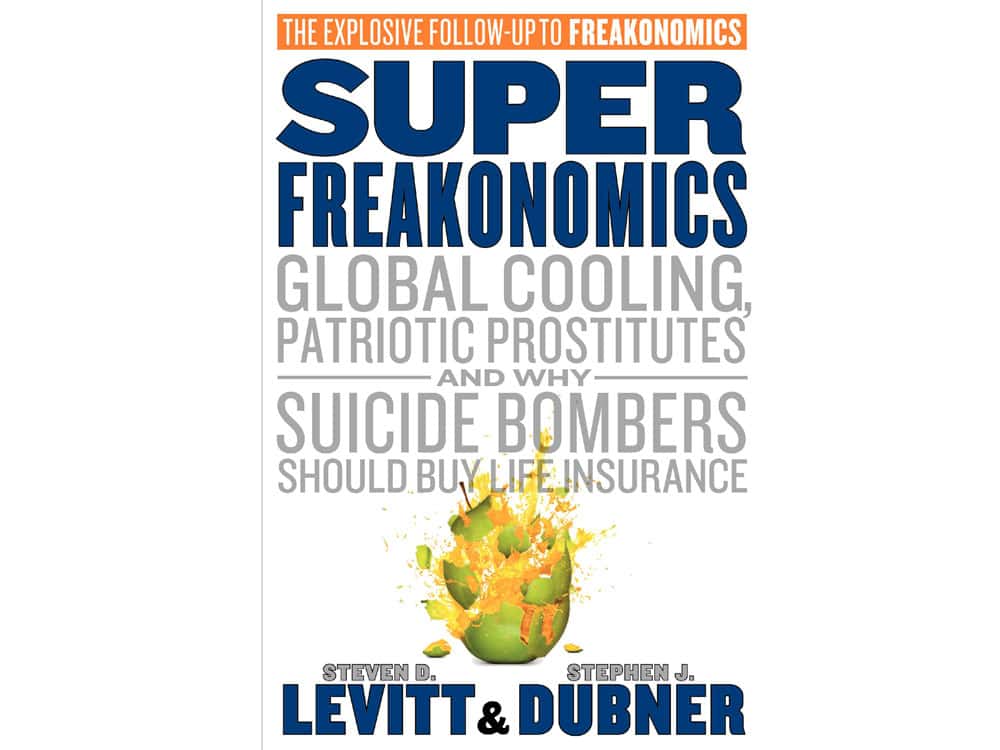
Super Freakonomics by Steven Levitt and Stephen Dubner
How strongly I recommend it: 4/10
A fun read with some great stories on behavioral and microeconomic situations. The chapters on prostitution and unconventional climate strategy were fascinating.

How to Think Like an Anthropologist by Matthew Engelke
How strongly I recommend it: 3/10
A comprehensible introduction to anthropology that contains useful lessons anyone can make use of.
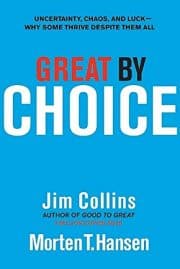
Great by Choice by Jim Collins
How strongly I recommend it: 3/10
Jim conducts in-depth comparative studies of some of the most successful companies in the world and their competitors who didn’t reach the same heights. Big ideas include return on luck, empirical tests, discipline, and productive paranoia.
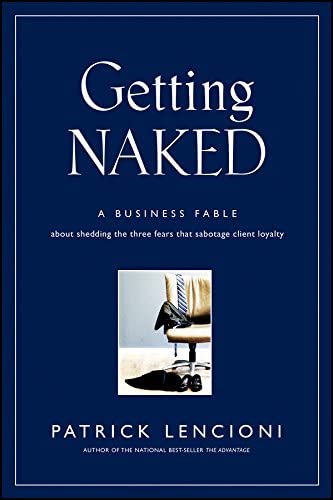
Getting Naked: A Business Fable by Patrick Lencioni
How strongly I recommend it: 2/10
A fictionalized account of coming to better operating principles for consulting. Easily summarized but an interesting look into the incentives and fears that can govern consulting practices.